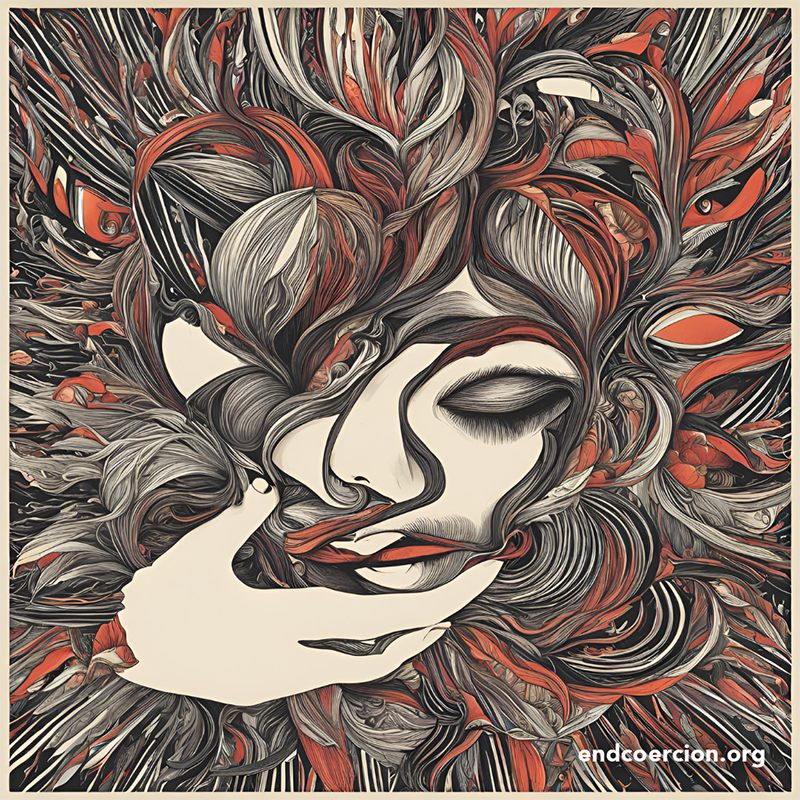“Woe to those who call evil good, and good evil.” – Isaiah 5:20
At End Coercion, we confront a world that has traded truth for lies, where innocent lives are sacrificed, and honest labor is pillaged by the state. Like the prophets of old, we raise our voices to expose these evils, calling the church to repentance and action. How long will we, the Body of Christ, stand silent as injustice reigns?
In a society that mocks the sanctity of life and claims the fruits of a man’s labor as its own, we must reclaim our role as salt and light. End Coercion is a rallying cry to the faithful to rise up against child sacrifice, to expose the evil, oppressive hand of taxation, and to stand firm against every form of tyranny that defies God, his Kingdom, and his Christ.
It is time to rend our hearts, not our garments, and turn back to the Lord with renewed courage. The gospel calls us to both compassion and conviction. Now is the hour for the church to awaken, to nonviolently war against the spiritual powers of darkness, and to proclaim liberty to the captives.
Are we, as Christ’s ambassadors, prepared to bear witness to His truth, or will we be found complicit? Let us repent, rise, and respond, for the glory of God and the good of His creation.

